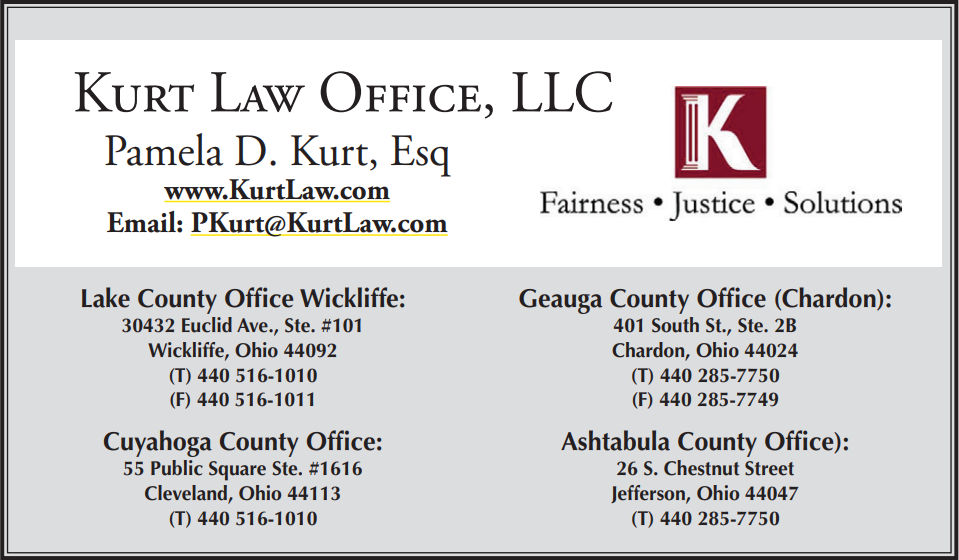Article submitted by Law Clerk, Mary Gael Britton
In Ohio, basic estate planning involves drafting a will, appointing both a durable power of attorney and a healthcare power of attorney, and drafting a living will. These four documents are necessary to avoid the lengthy probate process as well as to ensure an individual’s end-of-life treatment wishes are honored.
The Last Will and Testament is a document which provides for distribution of assets according to the individual’s wishes. This individual, the “testator,” names an Executor to oversee distribution of the estate, and names beneficiaries, who receive gifts, specific, demonstrative, or general gifts, out of the estate. In order for a will to be valid in Ohio, the testator must be of sound mind, not under duress, and be at least eighteen years of age. Additionally, Ohio requires that the document be signed at the bottom of each page and witnessed by two individual adult witnesses who are otherwise uninterested, that is, not named beneficiaries in the estate.
The Durable Power of Attorney governs financial needs and responsibilities. This allows a person to appoint another person as “power of attorney” to handle any financial or property affairs as they deem. The Durable Power of Attorney can be revoked and terminates on death.
Comparatively, the Healthcare Power of Attorney permits the individual to name an agent to make all healthcare decisions upon incapacity of the principal only when the principal can no longer make such decisions. The Living Will governs end of life treatment and is limited to the refusal of certain medical treatment in the event of terminal illness or injury. See id.
Ohio law permits individuals to avoid Probate on the transfer of real property by executing a Transfer-on-Death (“TOD”). The TOD is effective on death and shows the intent of the owner of real property to transfer title of said property upon the owner’s death to an individual designated in the TOD by name. This can also be done for motor vehicles, watercraft, or outboard motors: the owner may elect to designate a beneficiary or beneficiaries to an Ohio title with a signed and notarized TOD form. The Lake County Clerk of Courts can do a TOD for motor vehicles, watercraft, or outboard motors.
Another means of avoiding probate is a payable on death designation on a bank account, such as a savings account or certificate of deposit. The owner maintains control, but upon the owner’s death, the beneficiary or beneficiaries can claim the money from the bank, altogether avoiding probate. The owner also can change beneficiaries as often as the owner wishes while living.
























